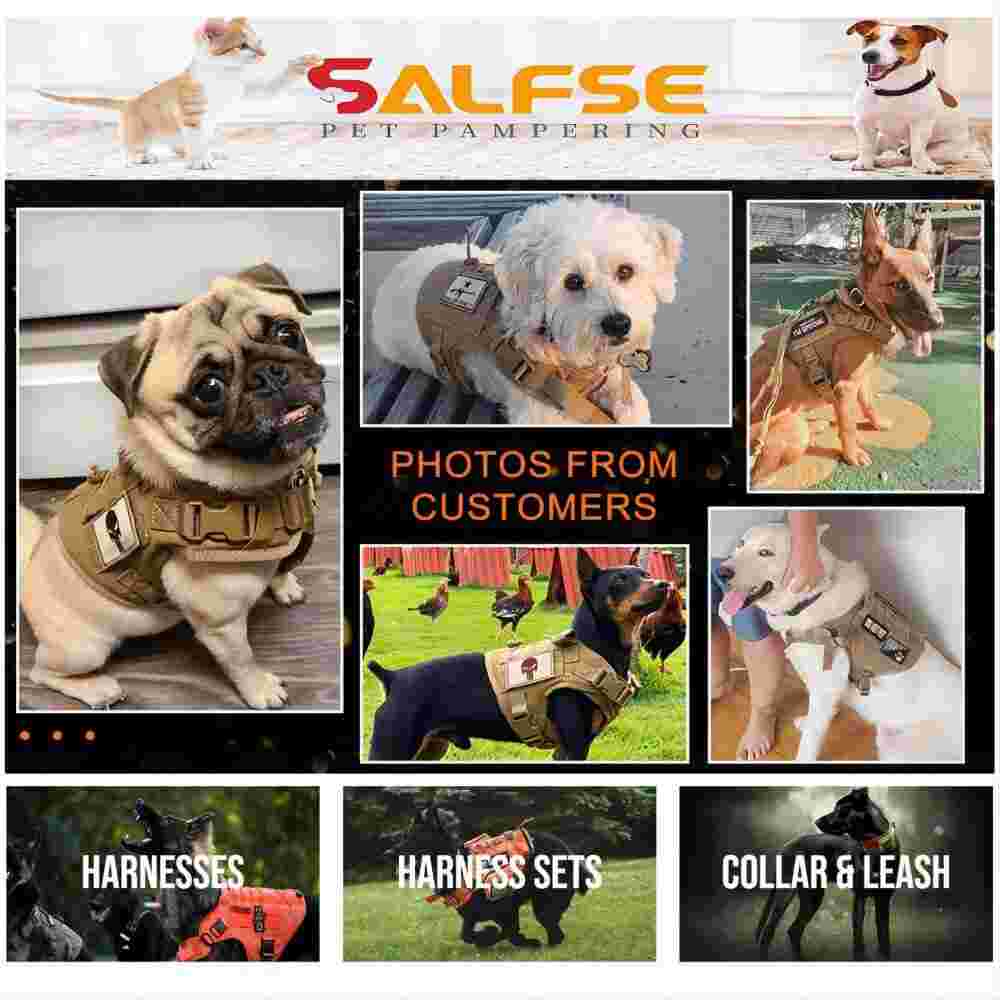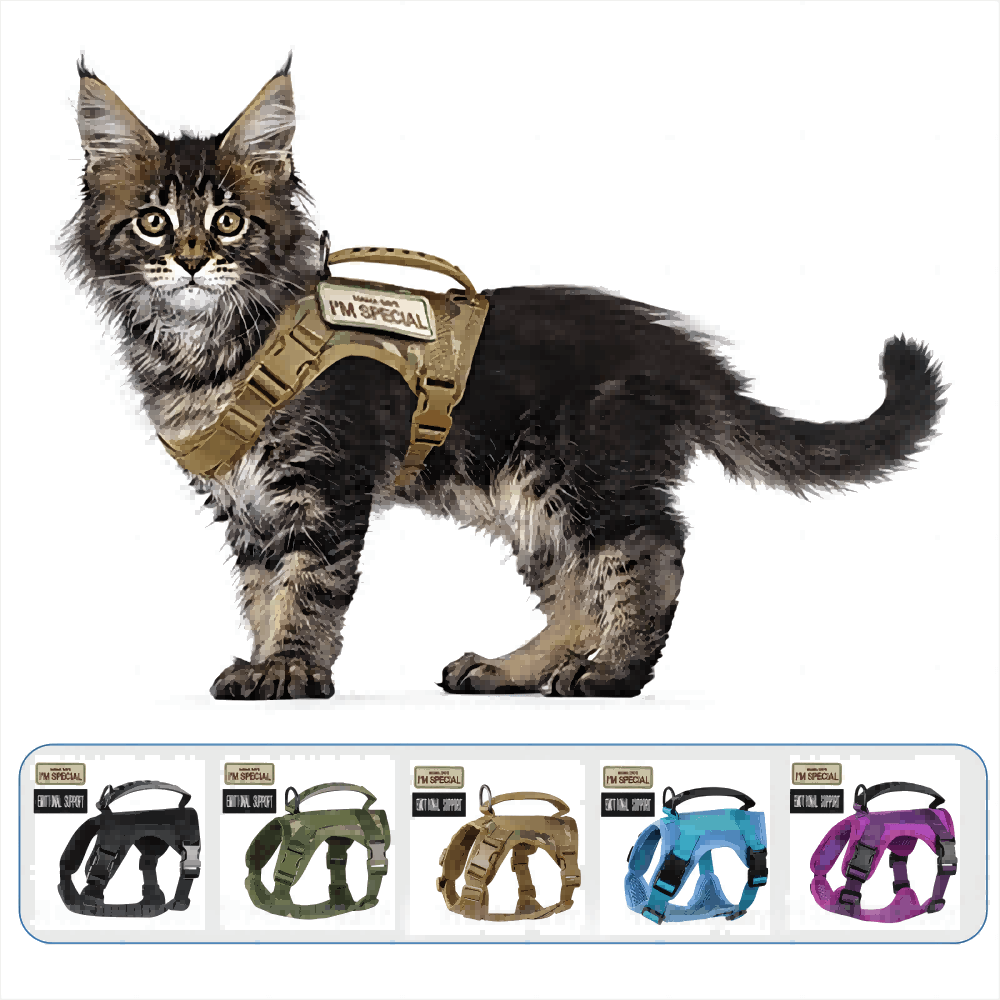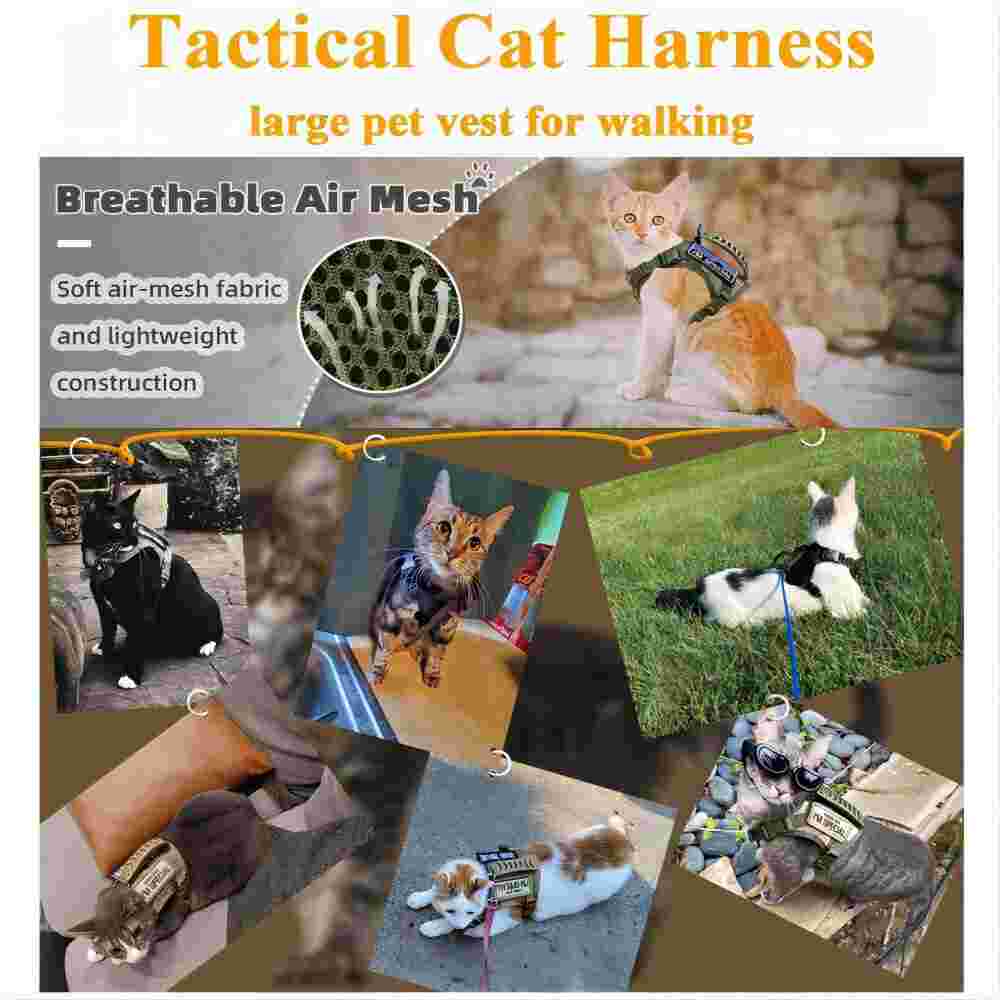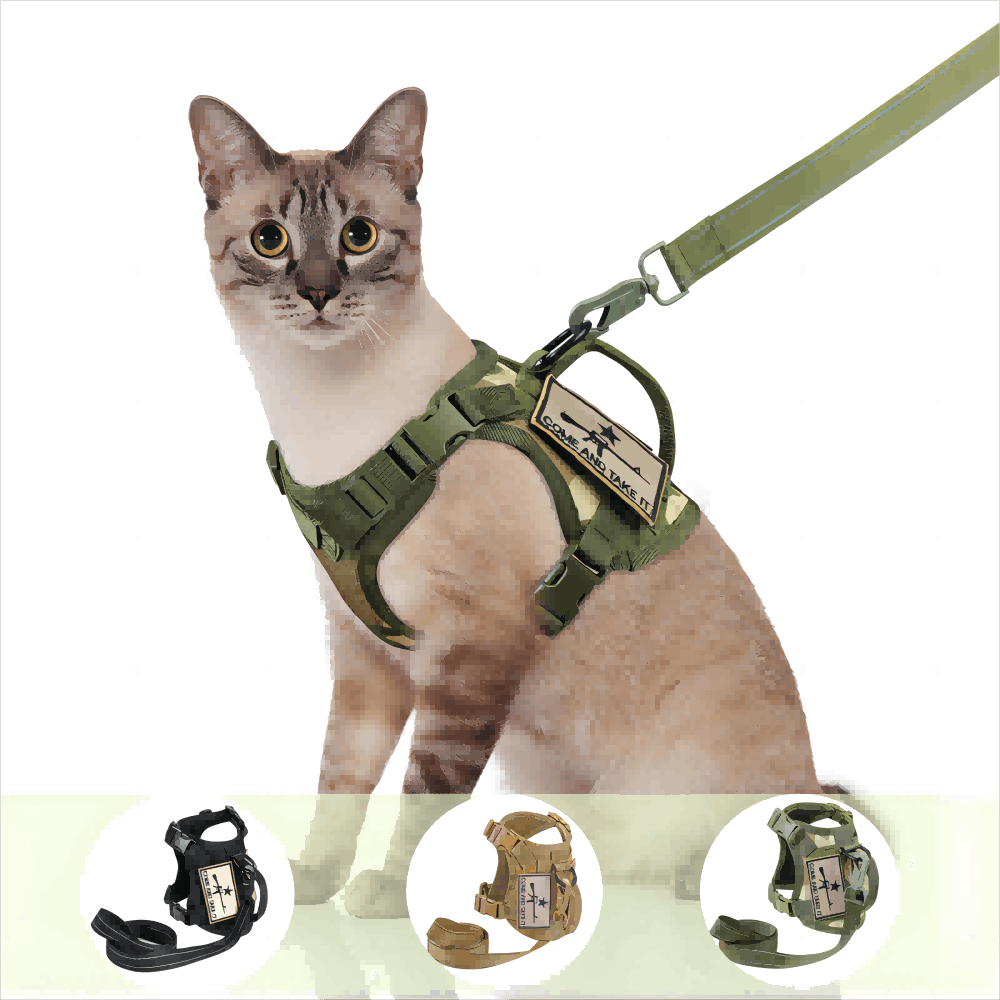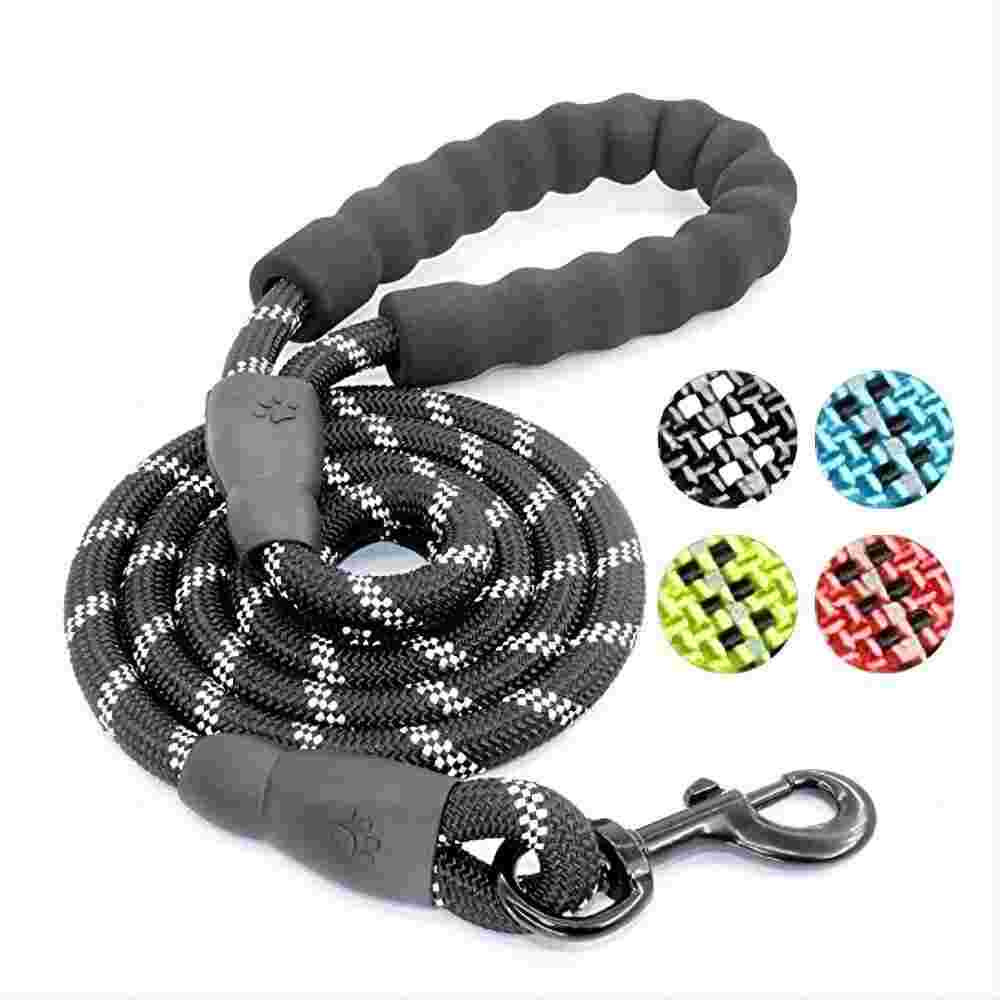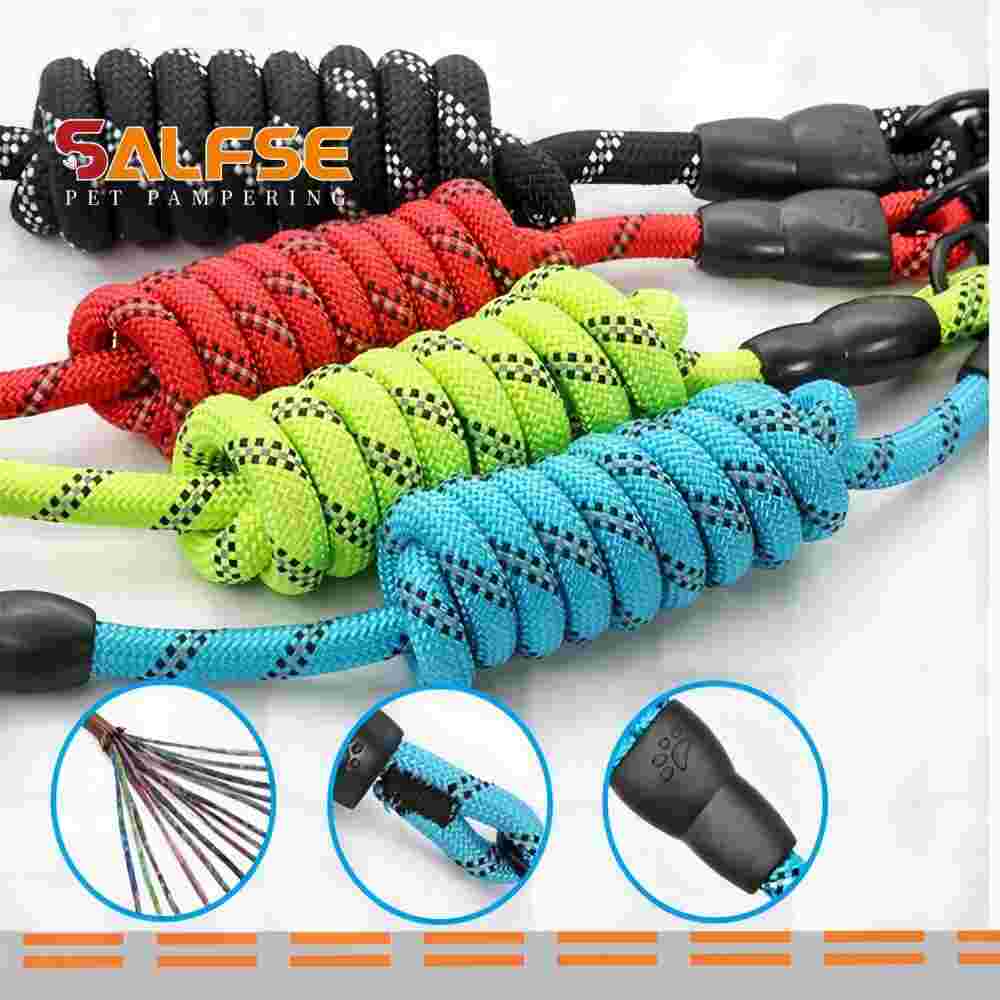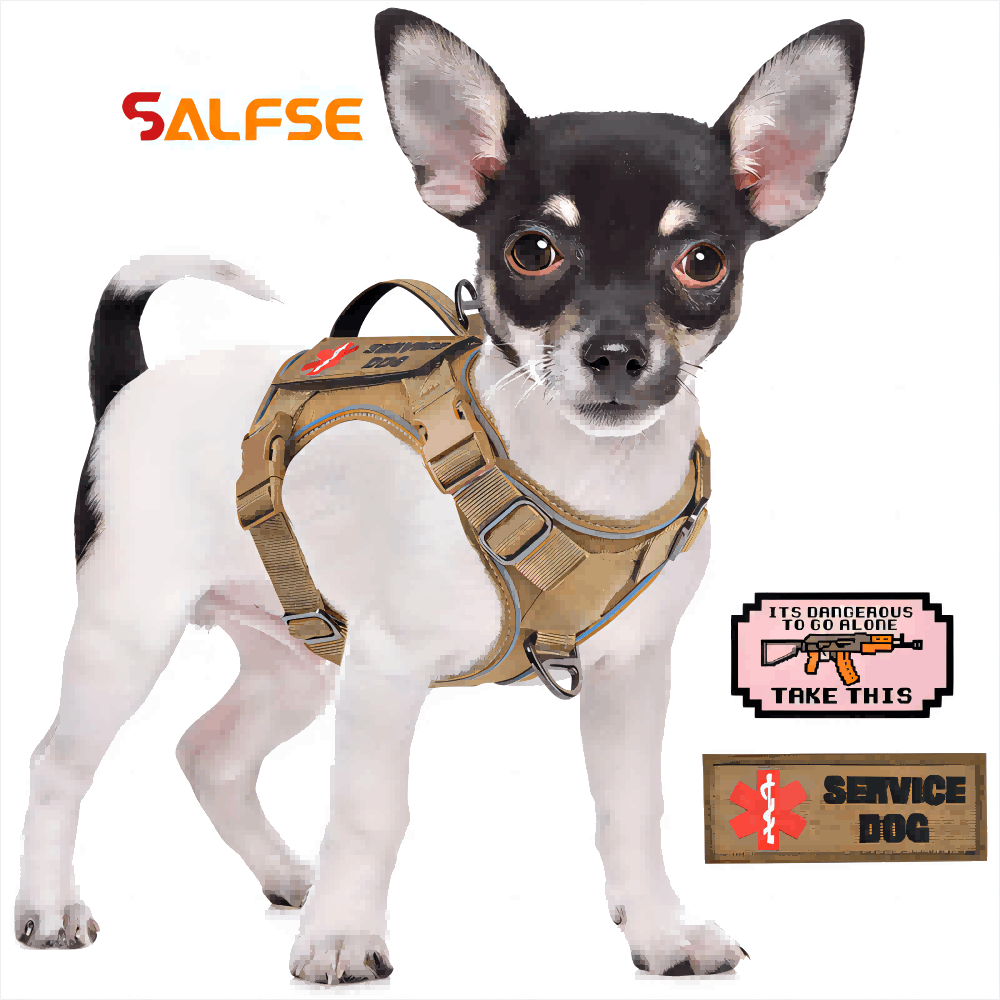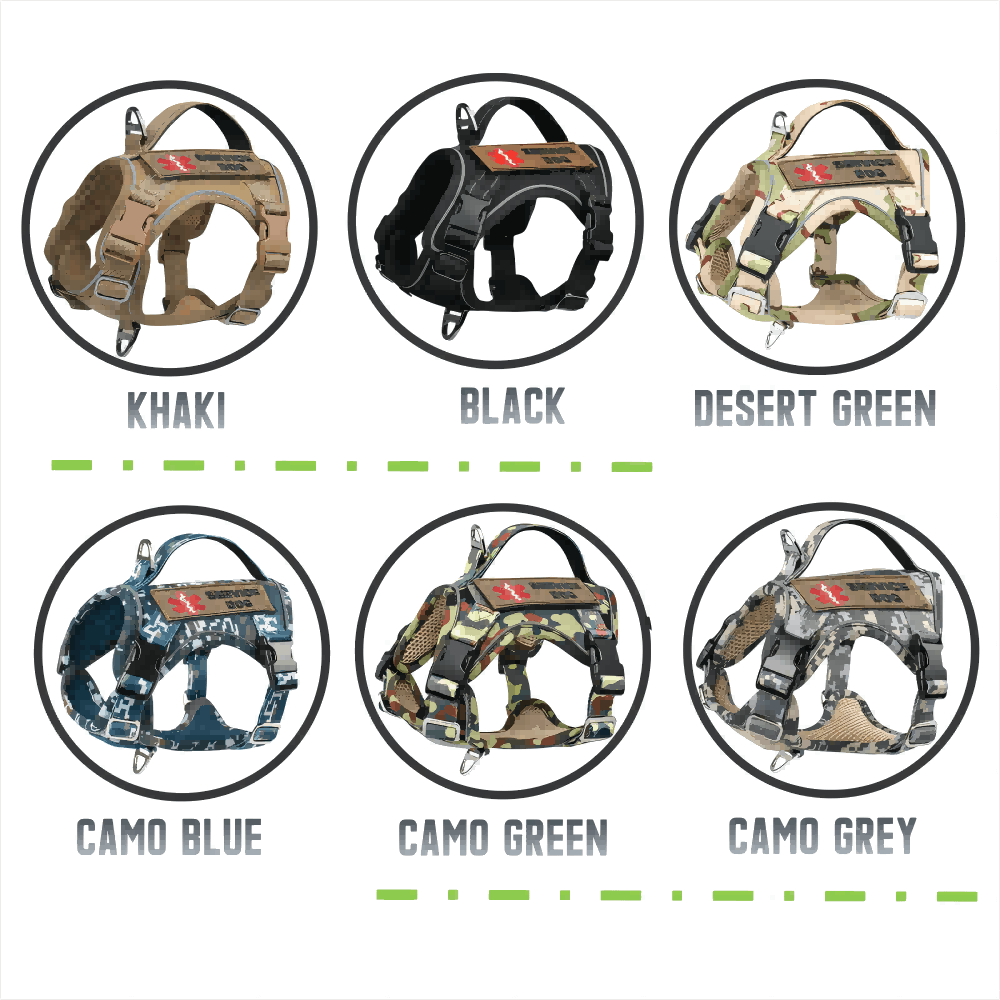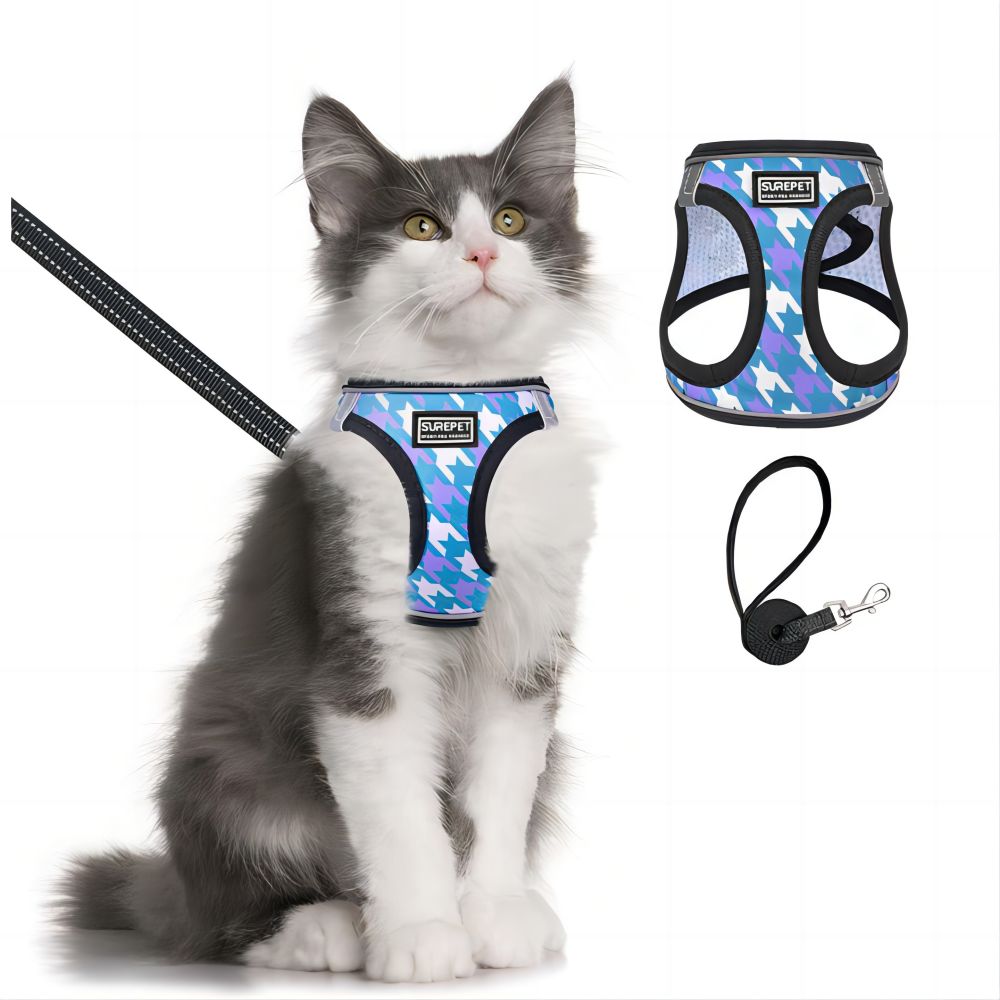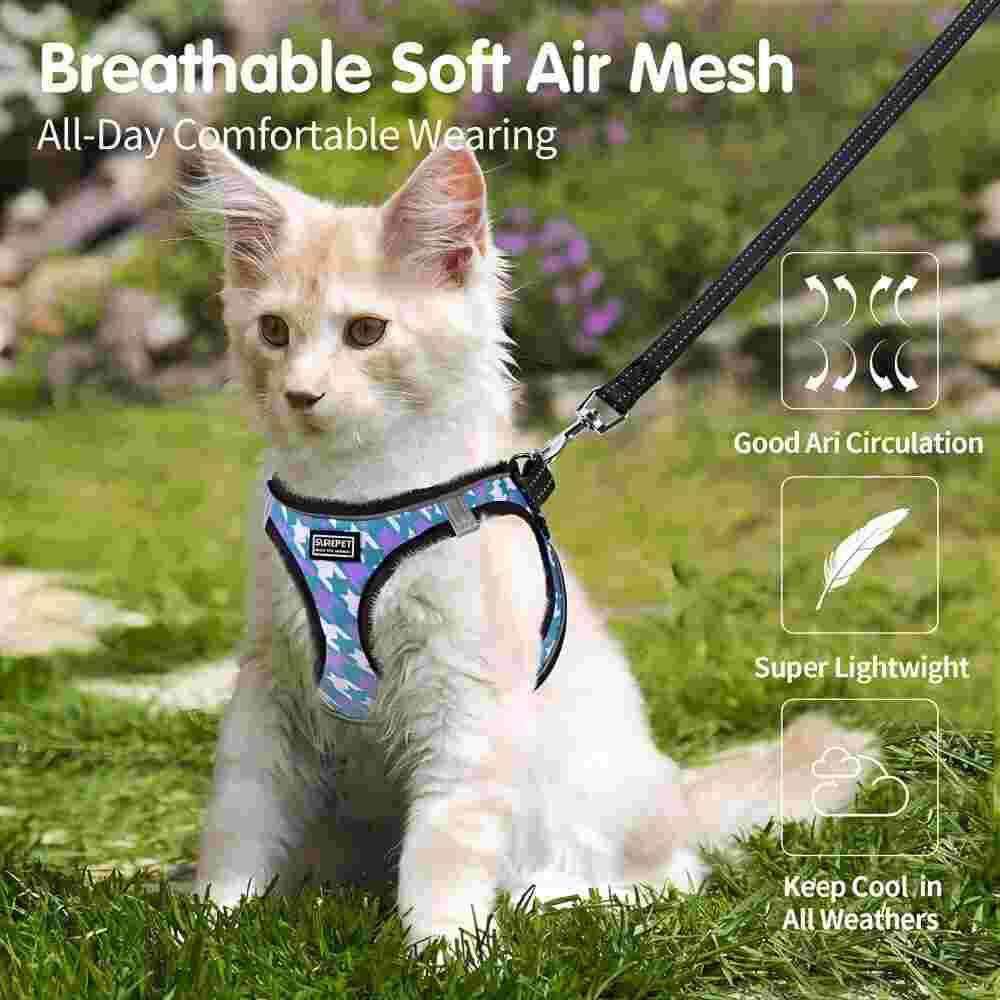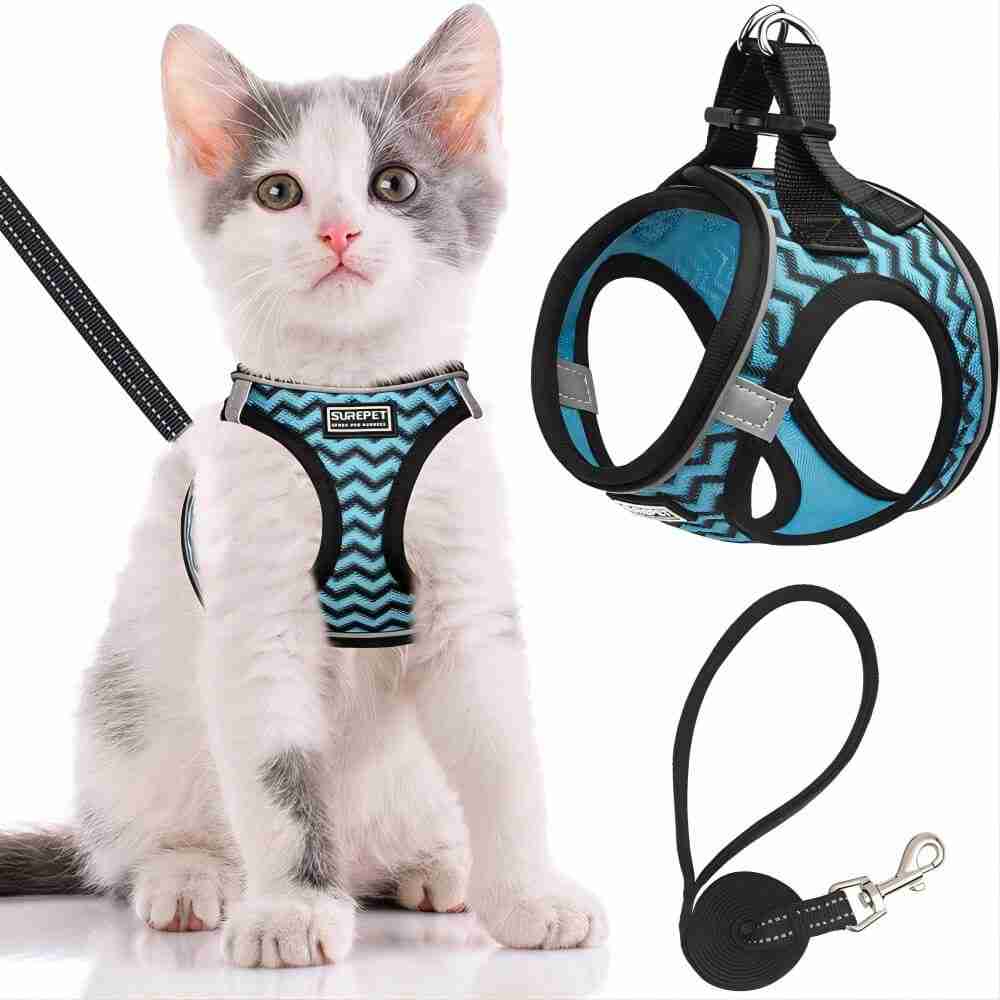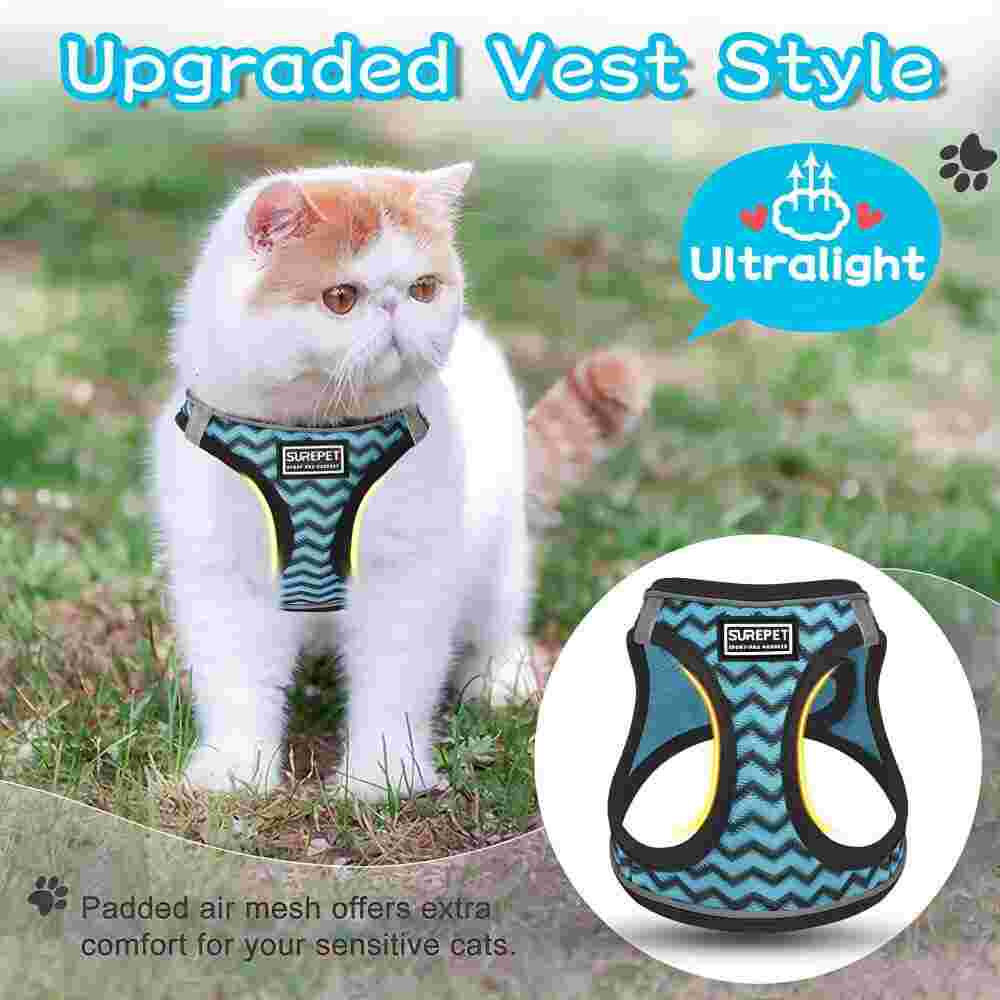1.Supplier reputation and strength: Choose suppliers with good reputation and reliability, considering their experience, scale and qualifications; understand their product manufacturing process, quality inspection measures, and compliance with industry standards and regulations.
2.Diversity of pet products: ensure that suppliers provide a wide selection of pet products to meet customer needs and provide product diversity and selectivity.
3.Reasonable price and competitiveness: comprehensively consider the supplier’s price strategy, and look for suppliers with reasonable price and competitiveness; it must be noted that product quality and service cannot be sacrificed for price, which is the most wrong approach
4.Design and development capabilities of suppliers: Your suppliers should have a keen insight into industry information and product trends, and have innovative and personalized pet product design and development capabilities. Able to provide innovative and personalized pet products according to market demands.
5.Customer service and support capabilities of suppliers: A reliable supplier should be able to provide good after-sales service and support, including technical support, product warranty and return policy, etc. Communicate with suppliers to understand their after-sales service policies and evaluate their responsiveness and problem-solving capabilities.
6.Supply chain reliability: Understand the supplier’s supply chain management capabilities to ensure on-time delivery of products and sufficient inventory; they should be able to deliver products on time and have the ability to respond to emergencies. You can learn about the supplier’s logistics capabilities, including shipping methods, shipping times, packaging and distribution services, and more. Choosing a supplier who can provide fast logistics services can ensure that the products can be delivered in time.
7.Establish partnerships: Establish long-term partnerships with suppliers that match your values and goals, based on mutual trust and cooperation.

In recent years, with the rapid growth of the pet products market, the wholesale of pet products has become a hot industry. Among them, choosing a reliable pet product wholesaler is the most important part of pet product procurement. At this time, you need to consider multiple factors including traders and factories, procurement quantity and procurement capabilities, suppliers’ development and design capabilities, and production capabilities. And logistics capabilities etc. to make sure you work with the right partner. This article will give you some advice and steps to help you choose a reliable pet supplies wholesaler supplier.

Steps:
1.Supplier reputation and strength:
① Conduct surveys and research in the market and industry to understand the reputation and credibility of suppliers.
②Check the supplier’s official website, social media pages and customer evaluations to collect and obtain more supplier-related information.
③Know the supplier’s experience, scale and qualifications, including the company’s establishment time, business scope and certification qualifications.
④Ask suppliers for specific information about product manufacturing processes, quality inspection measures, and compliance with industry standards and regulations.

2.Diversity of pet supplies:
① Communicate with suppliers to understand the types, brands, styles and specifications of pet products they provide. In fact, there are many categories of pet products. Suppliers should only be more professional in 1-2 categories and study these 1-2 categories in depth. 2 categories; if you are looking for a large and comprehensive supplier, it is often not your reliable supplier.
② Suppliers are required to provide product catalogs, samples or pictures in order to evaluate the diversity of their products and the ability to meet customer needs.
③ Conduct surveys and interviews with customers to understand their needs and preferences for pet products, and ensure that suppliers can provide products that meet market demand. Remember, suppliers should provide you with professional advice on products, not just satisfy you on request.

3.Reasonable price and competitiveness:
①Comparing the price strategies and quotations of different suppliers to find out the suppliers with reasonable price and competitiveness.
②Note that what you need is high-quality products, which are the basis for your sustainability. Don’t just pursue low prices and ignore product quality and services.
③Consider long-term cooperation with suppliers and find a balance point that can provide good prices and services.

4.Design and development capabilities of suppliers:
①Communicate with suppliers and ask to know the ability and experience of their design and development teams. This is an essential element for your sustainable development in the market. A supplier without design and development capabilities is lifeless and will give you A very bad experience.
② Discuss with suppliers their level of understanding of industry information and product trends, and understand suppliers’ innovation capabilities and personalized product development capabilities to meet market demand.
③Ask suppliers whether they can provide innovative and personalized pet products, and understand their product development process and success stories. And see if his development philosophy matches yours.

5.Supplier’s customer service and support capabilities:
①Communicate with suppliers to understand their customer service and support policies.
②Ask the supplier for specific details about technical support, product warranty, and return policy.
③Understand the supplier’s after-sales service process, including the ability to handle complaints, solve problems and after-sales consultation.
④Understand the supplier’s response speed to service issues, usually within 24 hours, then you can trust him, if you ask a question, he can’t reply within 24 hours, or even no response, then you can eliminate him.

6.Supply chain reliability:
①Ask suppliers for specific information on supply chain management, including procurement of raw materials, production process and delivery time, etc.
② Understand the supplier’s supply chain management capabilities to ensure timely delivery of products and sufficient inventory.
③ Communicate with suppliers to understand their production capacity, inventory management and ability to respond to emergencies, such as sudden increase in market demand or supply chain disruption.
④Understand the logistics capabilities of suppliers, including transportation methods, transportation time, packaging and distribution services, etc. Choosing a supplier who can provide fast logistics services can ensure that the products can be delivered in time.

7.Establish partnerships:
①Have face-to-face or online meetings with suppliers to learn more about whether their company culture, values and goals are in line with yours, and evaluate how well the suppliers match your own values and goals.
②Establish contracts or agreements, discuss cooperation methods, contract terms, confidentiality agreements and other details, clarify the rights and responsibilities of both parties, and ensure the stability and sustainability of the cooperative relationship.
③Establish a supplier evaluation and performance monitoring mechanism, and continuously conduct supplier performance evaluation to ensure the effective operation and improvement of the partnership, so as to ensure the stability and long-term development of the partnership.

The core points and principles:
1.Quality and reliability are key elements in selecting suppliers to ensure their products meet quality standards.
2.Price is not the only factor to consider, product quality and service value should be considered comprehensively.
3.A reliable pet product wholesaler should have a good reputation and market reputation.
4.The supplier’s production capacity and delivery capacity should meet your needs.
5.Suppliers should have design and development capabilities and be able to meet the innovative and individual needs of the market.
6.Supplier stability and supply chain management capabilities are critical to business continuity and reliability.
7.Establish a long-term partnership with suppliers to establish a basis for mutual trust and common development.

The above are the specific and detailed operation steps for selecting pet product wholesalers. When making a selection, it is recommended that you comprehensively consider factors such as supplier reputation, product diversity, reasonable price, design and development capabilities, customer service and support capabilities, supply chain reliability, and establishment of partnerships to ensure that you choose a reliable supplier. Wholesalers of pet products, meet your needs and establish long-term and stable cooperative relations.

Terminology entries related to pet supply wholesalers in this article
1.Market Research: Understand the current situation and trends of the pet supplies wholesale market. Research different suppliers and compare their product quality, price, service and other factors.
2.Supplier investigation: Screen out several potential suppliers and conduct in-depth investigation. Check out their company credentials, reputation, history, customer feedback, and more.
3.Product quality evaluation: Suppliers are required to provide product samples for evaluation. Check the quality, material, manufacturing process and other aspects of the product to ensure that it meets your requirements and standards.
4.Communication and negotiation: communicate and negotiate with potential suppliers, and discuss the details of cooperation conditions, price strategies, distribution and after-sales service. Make sure both parties agree on the details of the partnership.
5.Visit supplier facilities: If possible, visit the supplier’s production facilities and warehouses in person. This provides an intuitive understanding of their production capacity, inventory management, and quality control, among other things.
6.Refer to customer evaluation: understand other customers’ evaluation and experience of potential suppliers. Supplier reliability and service quality can be evaluated by referring to customer feedback and testimonials.
7.Contracts and terms: Make sure to sign a clear contract with the supplier to clarify the rights and responsibilities of both parties. Including product quality, price, delivery time, return policy, payment method and other terms.
8.Ongoing monitoring and evaluation: Once a partnership with suppliers is established, regularly monitor and evaluate their performance and service quality. Stay in touch and resolve any issues or disputes in a timely manner.

Questions and answers related to Wholesale Pet Supplies:
Q: How do I determine the credibility and reputation of a supplier?
A: You can evaluate the reputation and reputation of suppliers by referring to industry ratings, checking customer reviews and recommendations of suppliers, and seeking opinions from other buyers.
Q: How to evaluate the reliability and stability of suppliers?
A: Assessing the reliability and stability of suppliers can be considered from many aspects. First of all, you can understand the supplier’s operating history and business scale. Suppliers with long-term and stable operations are usually more reliable. Secondly, it is possible to understand the cooperation situation and cooperation time between the supplier and other customers, and the long-term cooperative relationship also shows the reliability of the supplier. In addition, suppliers can be asked to provide relevant information on their financial status and supply chain management to assess their financial strength and operational capabilities.
Q: How to ensure that the purchased products meet the quality standards?
A: Buyers can require suppliers to provide product quality certification, compliance certificates and other documents, and conduct product sampling testing or entrust a third-party testing agency to conduct quality inspections.
Q: How to determine the supplier’s production capacity and process level?
A: You can ask the supplier to provide information on the production process, equipment and facilities, production line efficiency, etc., or you can visit the supplier’s production plant for on-site inspection.
Q: How to ensure that the supplier’s delivery is on time and reliable?
A: You can sign a contract with the supplier, and specify the delivery time and related punishment measures, sign a contract with the supplier that specifies the delivery time and delivery method, and establish an effective communication mechanism to follow up the progress of the order in a timely manner to ensure that Suppliers are able to deliver products on time.
Q: How to deal with returns and exchanges?
A: Before cooperating with suppliers, communicate the after-sales service and return and exchange policies of both parties, and agree on a clear return and exchange policy, including return conditions, refund methods, and responsibility sharing. And make sure the supplier has good after-sales support and problem-solving capabilities.
Q: How to choose a supplier with reasonable price and competitive price?
A: You can conduct price comparison and negotiation with multiple suppliers, comprehensively consider product quality, service level and price, understand market conditions and product price trends, and ensure that the price of the selected supplier is reasonable and competitive.
Q: How to ensure suppliers comply with industry standards and regulations?
A: Suppliers can be required to provide relevant supporting documents, such as product compliance certificates and quality certifications. Additionally, background checks on suppliers can be conducted to see if they have a strong reputation and a track record of adhering to industry standards.
Q: How to establish a good partnership?
A: Establishing mutual trust and communication between the two parties is the key. Building good relationships with suppliers can be achieved through regular meetings, appointment of liaisons, and sharing of business goals and development plans.
Q: How to resolve potential disputes and problems?
A: Define the rights and responsibilities of both parties in the contract, and formulate a corresponding dispute resolution mechanism. Timely communication and cooperation are the keys to solving problems.
Q: How to ensure the sustainable development of suppliers?
A: Choose a supplier with stable supply capability and continuous improvement capability. Regularly assess the performance of suppliers and work with them to develop and optimize the supply chain.
Q: How to solve the language and cultural differences between suppliers and buyers?
A: Language and cultural differences may have a certain impact on cooperation, but it can be mitigated by active communication and establishing a good working relationship. Buyers can look for suppliers who can provide bilingual support or translation services to ensure smooth communication. In addition, respecting each other’s cultural differences and building mutual trust and understanding can help build better cooperative relationships.


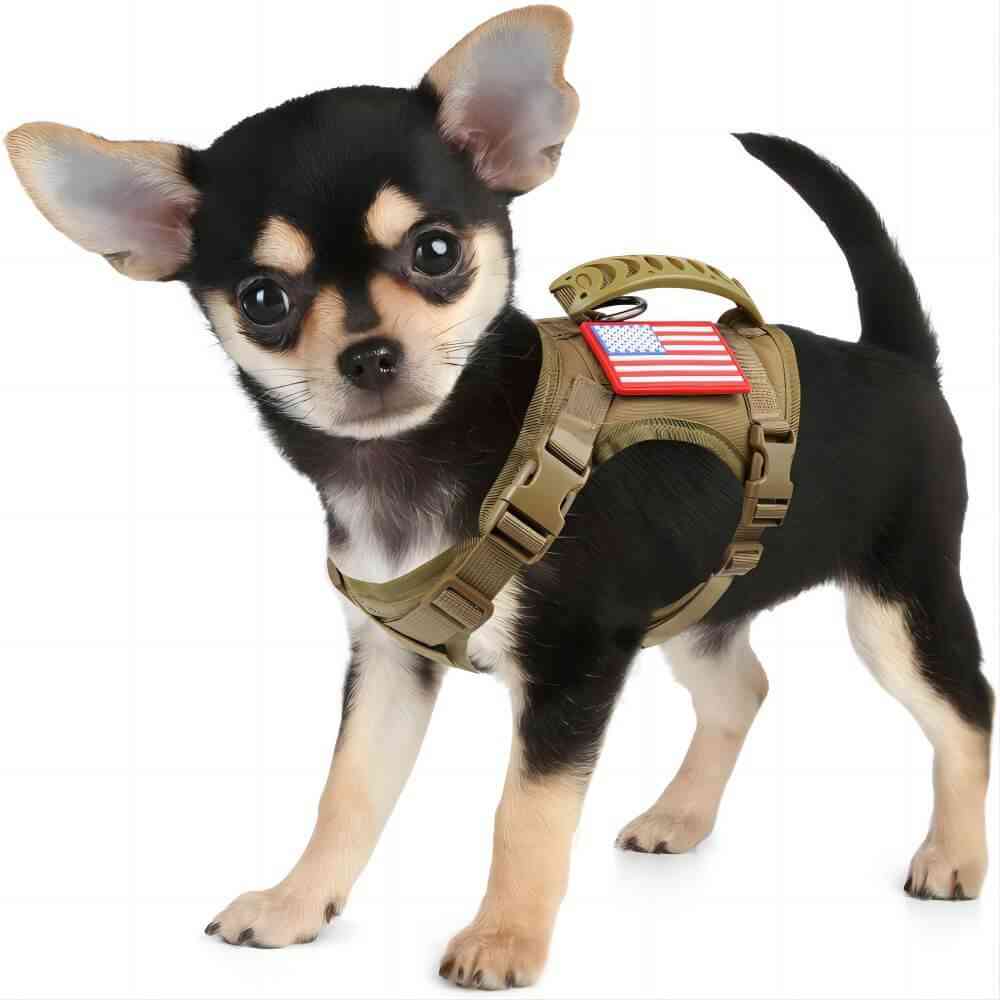

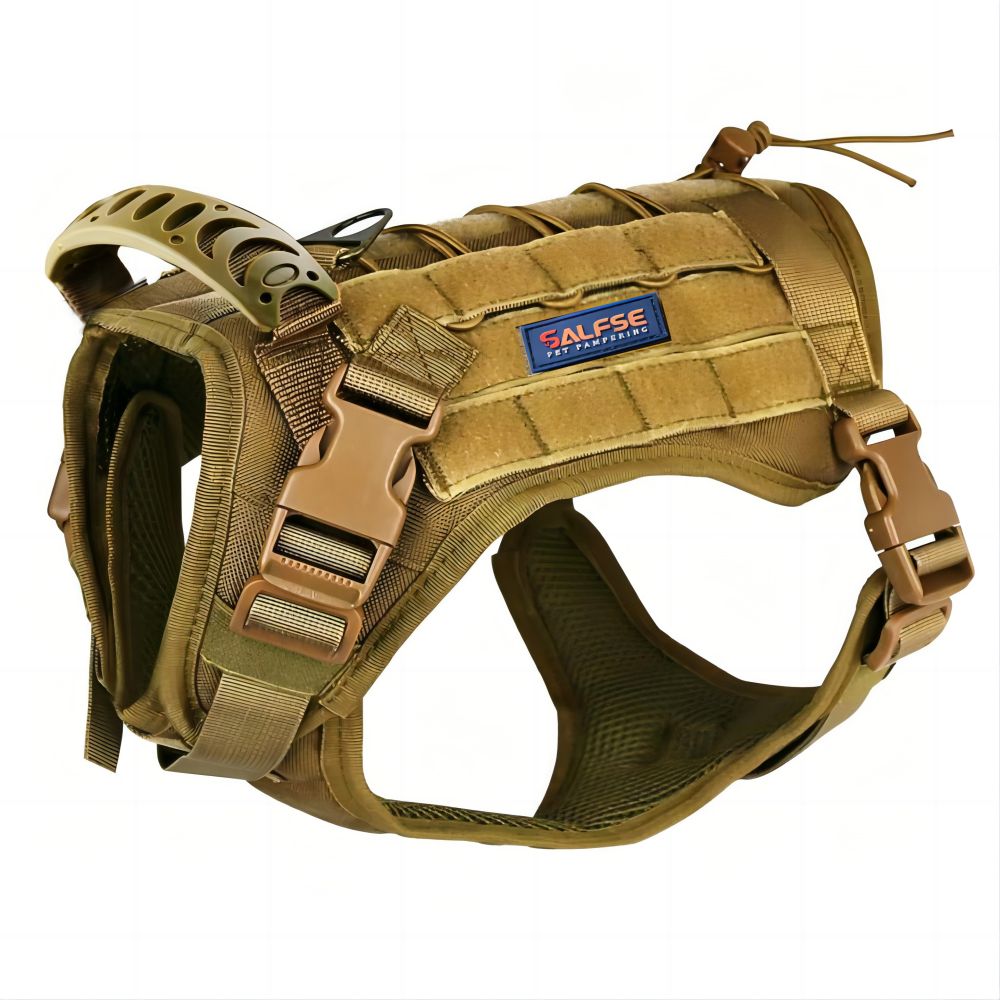
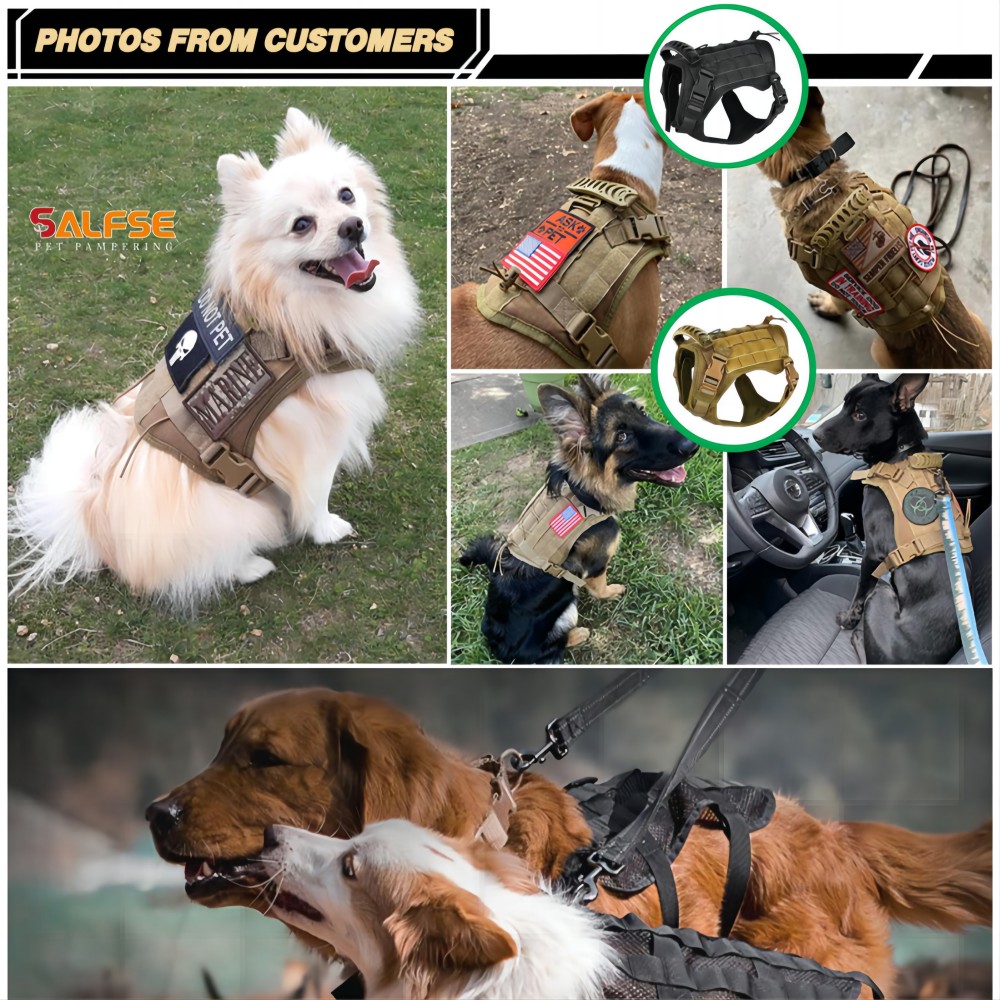
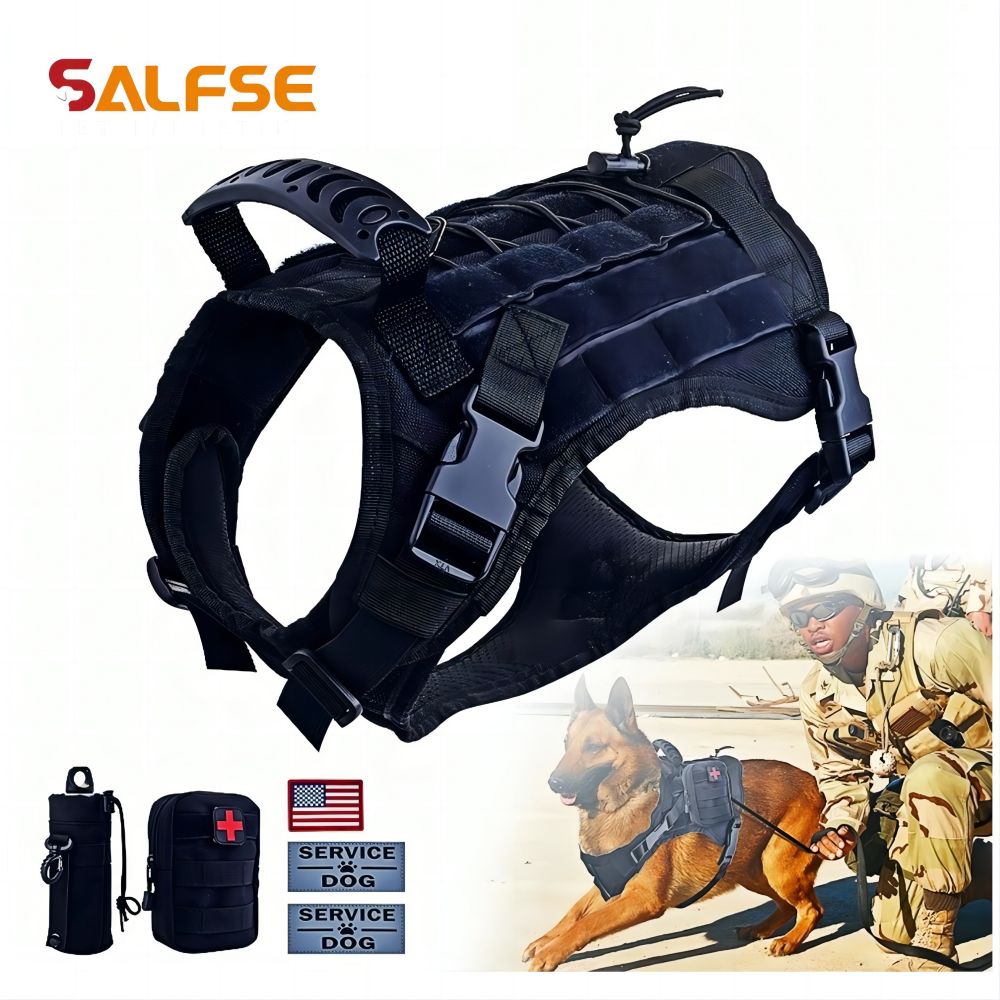
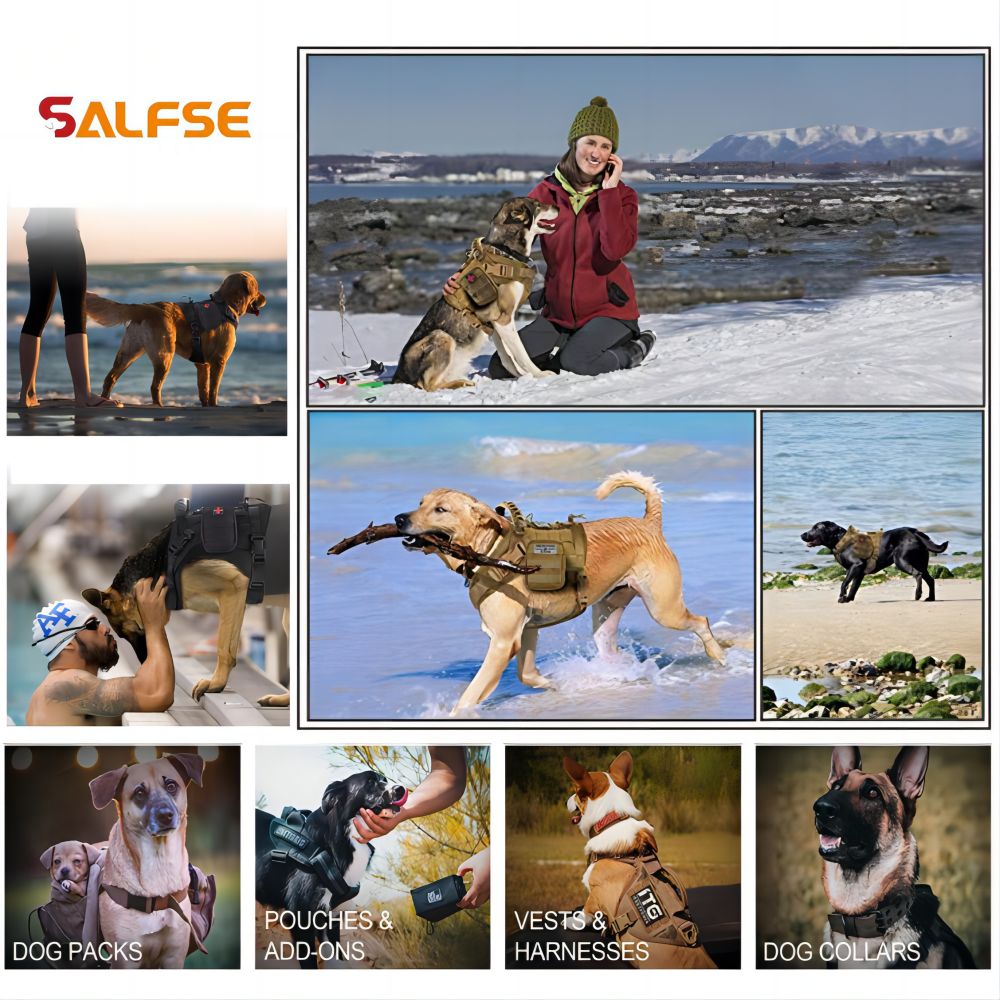
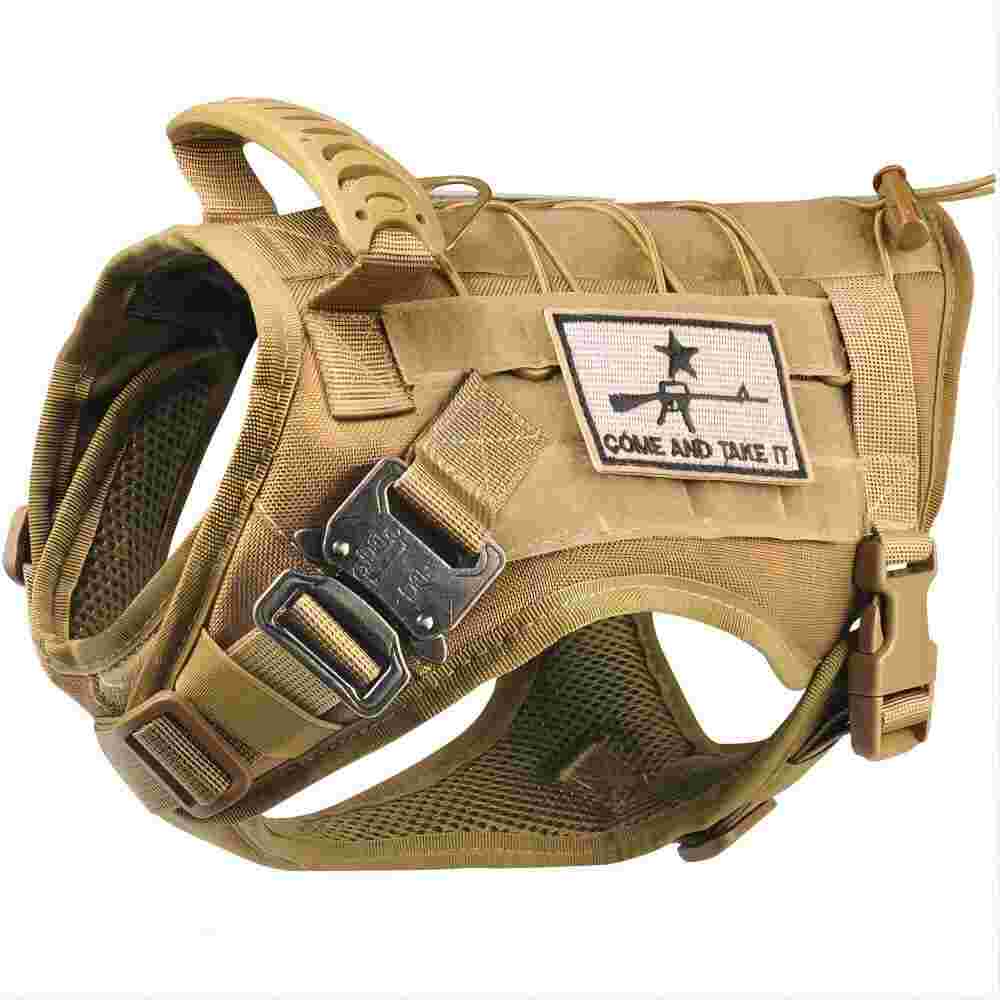

-1.png)
